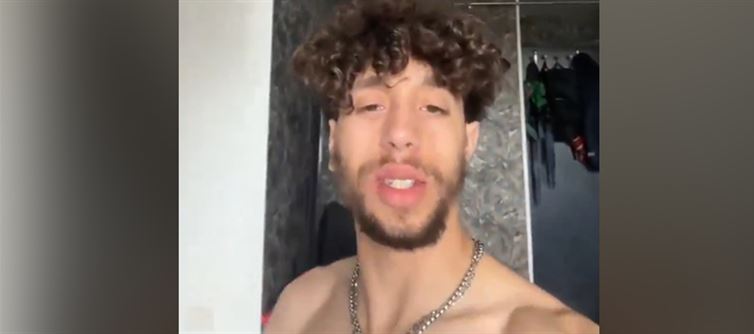
The reference to the National Rally (RN), a far-right political party in france, in the video's subtitles, indicates a response to growing nationalist sentiments and policies perceived as anti-immigrant. The man's mention of specific neighborhoods like Pontbois, Lille, and Roubaix points to areas with high immigrant populations, often associated with cultural and economic challenges. These regions have been focal points for discussions about urban decay, crime, and the failure of integration policies, as noted in studies like those by sociologist Farhad Khosrokhavar, who highlighted the overrepresentation of Muslims, particularly from North Africa, in French prisons.
France's strict secularism, or laïcité, has also been a flashpoint. The 2010 ban on face-covering veils in public spaces, including the burqa and niqab, was a significant policy that aimed to uphold secular principles but has been criticized by some as targeting Muslim women. This policy, along with debates over the hijab in schools and public institutions, has fueled tensions between the state and Muslim communities, with some viewing it as an attack on religious freedom.
The video, whether interpreted as a personal rant or a broader political statement, taps into fears and frustrations on both sides of the debate. For some, it represents a challenge to French sovereignty and secularism; for others, it is a cry against racism and marginalization. The controversy underscores the ongoing struggle to reconcile France's republican values with the realities of its diverse population, a challenge that continues to shape the nation's political and social landscape.




 click and follow Indiaherald WhatsApp channel
click and follow Indiaherald WhatsApp channel